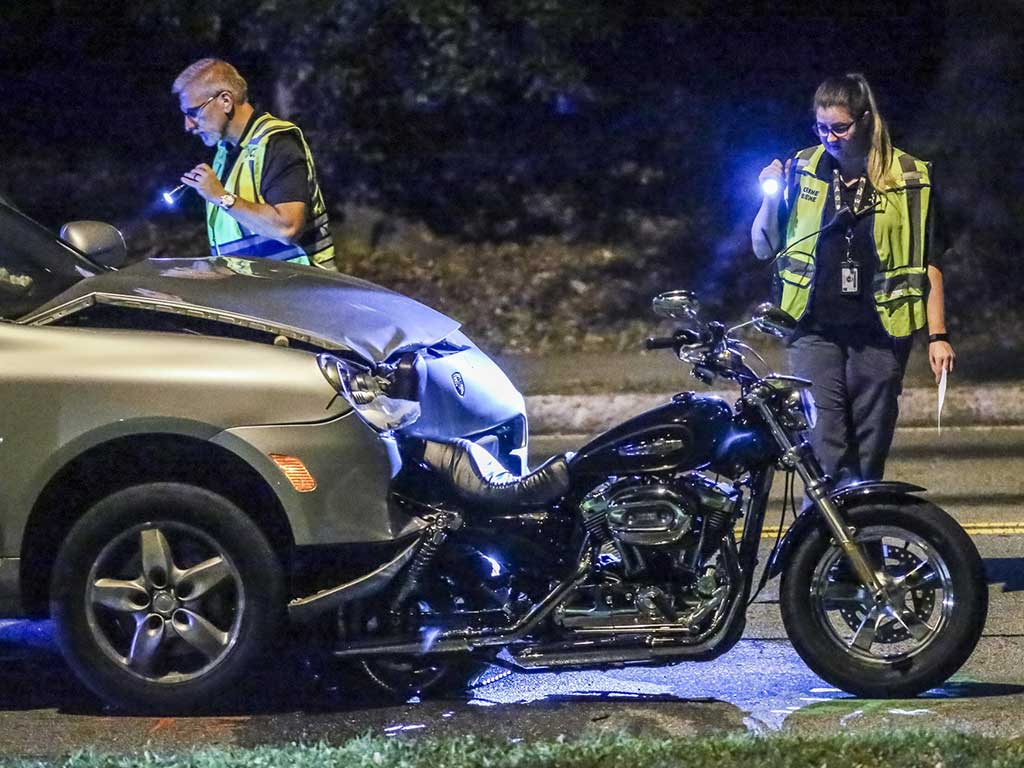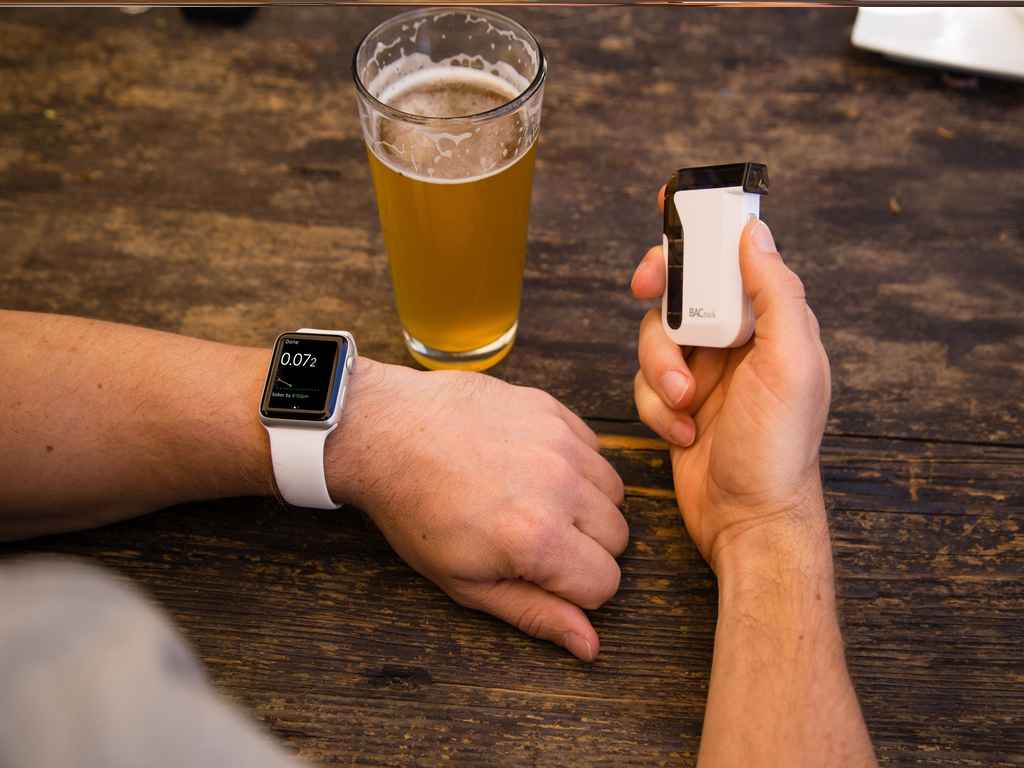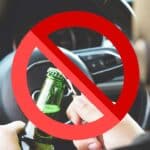Drunk Driving in Australia: What Are the Charges?
03 August, 2023

Alcohol is a dangerous substance. It has a large slew of drawbacks that can hurt someone who uses it over a long time just as much as someone who uses it briefly. Drinking can make someone sick, lose control, and make poor judgments. Drunk driving in Australia is a serious offence with heavy penalties. It is the top cause of road accidents. Offences include fines, prison terms, license termination, and alcohol interlock restrictions.
The most common terms used for this are Driving Under the Influence (DUI) or Driving While Intoxicated (DWI). Penalty charges for DUI can be massive. Repercussions manifest in physical, legal, and financial disasters. Avoiding driving while intoxicated should be a top priority for anyone who drinks. This article will present the legal charges for driving under the influence of alcohol in Australia. Additionally, the reasons why it is unsafe, and ways to avoid it.
What are the Charges for Drunk Driving
Drunk driving is a criminal offence all around the world, including in Australia. Each state and territory has their own laws for it. Penalties are typically severe and can be life-altering. The exact penalties range depending on the state, the level of intoxication, and whether it is a first offence or a repeat. Fines are certain, with jail time almost always guaranteed for repeat offences.
Fines can range from hundreds to thousands of dollars depending on the state or territory and the circumstances. Jail time is common for repeat offenders. It is also more likely that someone was killed or injured in the incident.
A drunk driver can also face losing their license and an increase in insurance costs. Moreover, an interlock program is when an interlock system will be installed in the offender’s vehicle. No matter what the penalty, the conviction will go on the driver’s criminal record. This may impact the driver’s current job, or prevent them from future hire. Some countries will even bar entry to people with a record.
Consequences of Drinking and Driving
There are countless consequences of drinking while driving. Driving under the influence of alcohol can seriously injure the driver and others around him. It can even result in death. Other consequences may include the following:
- Driver’s license suspension or revocation
- Fines and financial repercussions
- Legal fees and lengthy processes
- Imprisonment
- Alcohol abuse evaluations
- Mandatory alcohol abuse treatment programs
- Vehicle impoundment or license plate confiscation
- Monitored sobriety
- Ignition interlock device (IID) restrictions
- Losing employment
- Prevention of hire from future employers
- Property damage, such as hitting another vehicle
- Death or injury, of the drunk driver or those around him

Why Drunk Driving is Unsafe
Intoxication severely limits a person’s ability to control themselves. While inebriated, you do not have the same mental and physical coordination as you do sober. This means that you are slower to react, clumsier, and make worse judgment calls. Together, these effects make drunk driving incredibly dangerous.
While drunk, we tend to see the world differently. With severe intoxication, things can start to spin. Even at lower levels, however, we struggle to understand things properly. It can be easier to miss details, not notice what is happening, and lose awareness of our surroundings. This makes driving very difficult, as we are less aware of what is happening on the road and in the car.
Simultaneously, we lose physical control. It takes longer to physically react because our brain functions slow down when intoxicated. This impairment endangers people on the road, as a drunk driver cannot react fast enough to the high-speed movements inherent to driving. Without full control over yourself and your brain at normal capacity, it is totally unsafe to operate a vehicle.
How BAC Can Affect People Differently
Everyone reacts differently to alcohol. Some people may feel intoxicated after just one drink, while others may seem completely fine. Several factors can affect how someone’s Blood Alcohol Concentration (BAC) changes and how they react. Things like weight, height, and gender can determine how alcohol affects someone. Drinking on an empty stomach tends to affect people faster as well.
Frequency of use matters too. Someone who drinks often will develop a seemingly higher tolerance than someone who rarely does. Keep in mind that physical tolerance grows faster than mental tolerance. This means that someone may act sober physically, but their mind is already impaired.

How to Prevent Drunk Driving
It is not difficult to avoid drunk driving. Being smart about how you drink, staying aware, and having a plan is crucial. To begin with, you need to know your limits. Drinking more than you can handle is an easy way to lose control and make poor decisions. Do your best to stay in a group of trusted friends. You can look out for each other and ensure nobody goes past their limit or does something they will regret.
Secondly, it is smart to have a plan when you go out. Know how you are getting home before you even start drinking. A designated driver in your friend group can be the plan, with the driver rotating each time you go out. If there is no designated driver available, be sure you know how to get a taxi home.
Finally, use a breathalyser to monitor your intoxication. Breathalysers Australia has many affordable BACtrack devices that provide a reliable assessment of how much alcohol a person has in their system. Knowing your BAC will help you decide if it is legal or safe to drive.
BACtrack Breathalysers
BACtrack devices are an excellent option for those wishing to own a breathalyser themselves. These units are highly reliable and accurate, allowing you to determine your BAC at any point. This makes it a good tool to use for an extra piece of information before deciding if it is safe to drive.
They also link to a smartphone app so you can track your results better. The app lets you log your food and beverage intake so you can study how it affects your BAC over time. This helps you learn about your body and tolerance to better control your drinking habits.
Conclusion
Drunk driving ruins lives. It can kill or injure the driver or those around him. The charges for this offense are severe too. A person can face jail time, crippling fees, a loss of their license, and so much more. With such high risk, there is never any reason or excuse to drink while intoxicated. Remember the many strategies you can use to avoid driving under the influence.
Know how much you can drink before you lose control, and stop yourself before you reach that point. Plan your night before you start drinking so you know you have a safety net. Staying with friends is a great way to hold each other accountable and stay safe. Try using a breathalyser to measure your BAC to confirm, but when in doubt, do not drive. It is never worth the consequences, legal or otherwise, to drive while drunk.





























